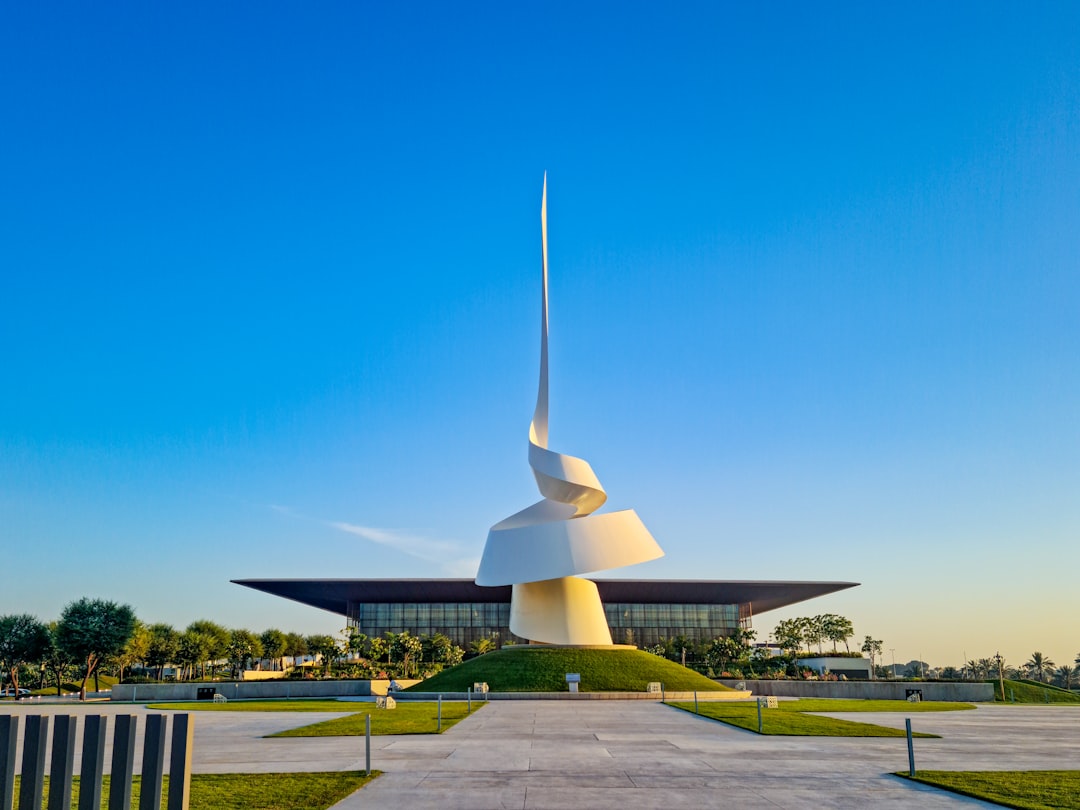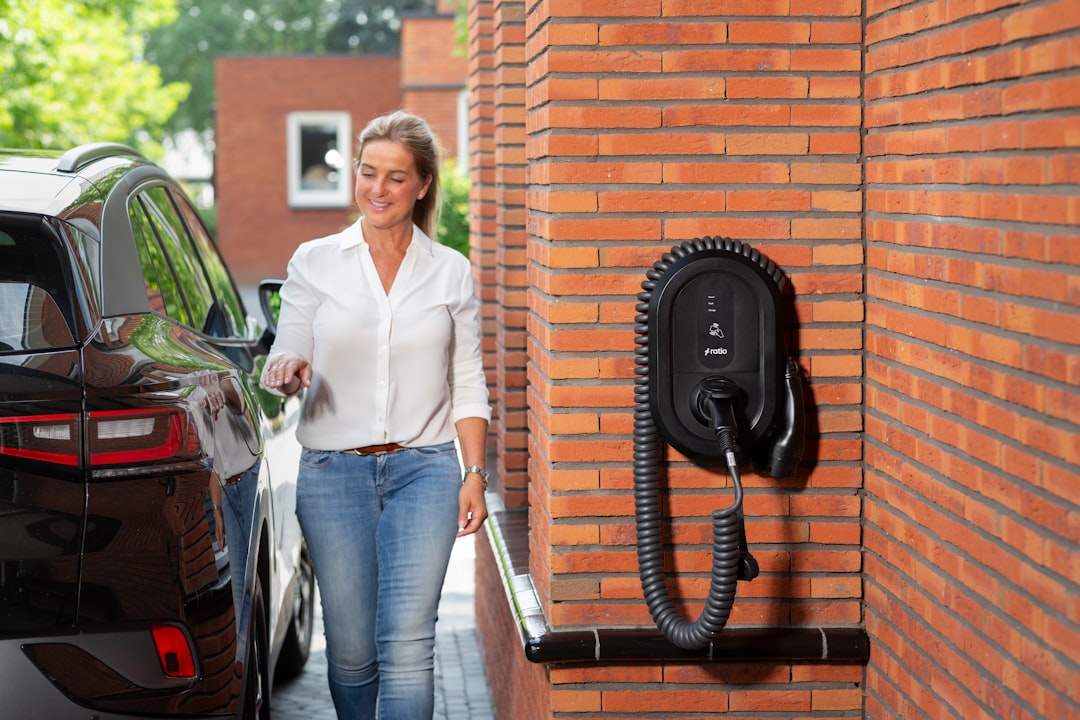**Tesla, synonymous with groundbreaking technology and rapid acceleration, presents an unexpected conundrum: would consumers be willing to pay more for a slower vehicle?**
Tesla vehicles have garnered a reputation for impressive speed, thanks to the advanced electric motors and cutting-edge engineering. Model S Plaid, for example, boasts a 0 to 60 mph time of under two seconds. However, amidst the ever-tightening sustainability regulations and shifting market dynamics, a counterintuitive scenario arises where slower might mean better—or rather, more cost-effective and sustainable.
In the automotive industry, increasing electric vehicle (EV) acceleration capabilities was traditionally a significant draw for performance enthusiasts. However, by potentially reducing the top speeds and enhancing battery efficiency, Tesla could pioneer a new segment focused on sustainability over speed.
With the global push towards minimizing carbon footprints, electric vehicles face scrutiny over their battery production methods and energy use. By reducing the strain on the battery, slower models could potentially extend battery life and, consequently, the vehicle lifespan. This evolution would be particularly appealing to eco-conscious consumers prioritizing lower environmental impact over speed.
Additionally, a more affordable Tesla option could attract a broader audience. The cost savings from minimizing performance features could translate into a more budget-friendly vehicle, broadening Tesla’s market reach without compromising its technological edge.
Tesla’s trademark is performance, but the rise of environmental consciousness among consumers suggests that a shift could be timely. Emphasizing sustainability in the brand’s narrative could not only enhance its appeal but also satisfy the growing demand for responsible production.
Consider the potential market for a Tesla designed not around 200 mph top speeds, but rather maximizing miles-per-charge and reducing maintenance with simpler mechanical load. The new offering could redefine what it means to own a performance vehicle; not just speed, but efficiency and longevity.
Tesla’s mission of accelerating the world to sustainable energy aligns well here. A slower model supports the vision by utilizing the same advanced technology in a conservative manner, optimizing energy usage, and promoting a more sustainable driving experience.
Paying extra for less speed may initially seem counterproductive, yet Tesla’s innovation consistently defies conventional wisdom. In a world steered vigorously towards ecological consciousness and sustainability, offering vehicles that lead the market in energy conservation could be another feather in Tesla’s cap.
Ultimately, the success of such a proposition will rely on how effectively Tesla can communicate the advantages to its audience. The notion of a slower, yet smarter, Tesla may seem unusual, but it’s a bold move in crafting a future where vehicles don’t only cater to speed but also to the greater good.
Smart Life
Tesla














Leave a Reply